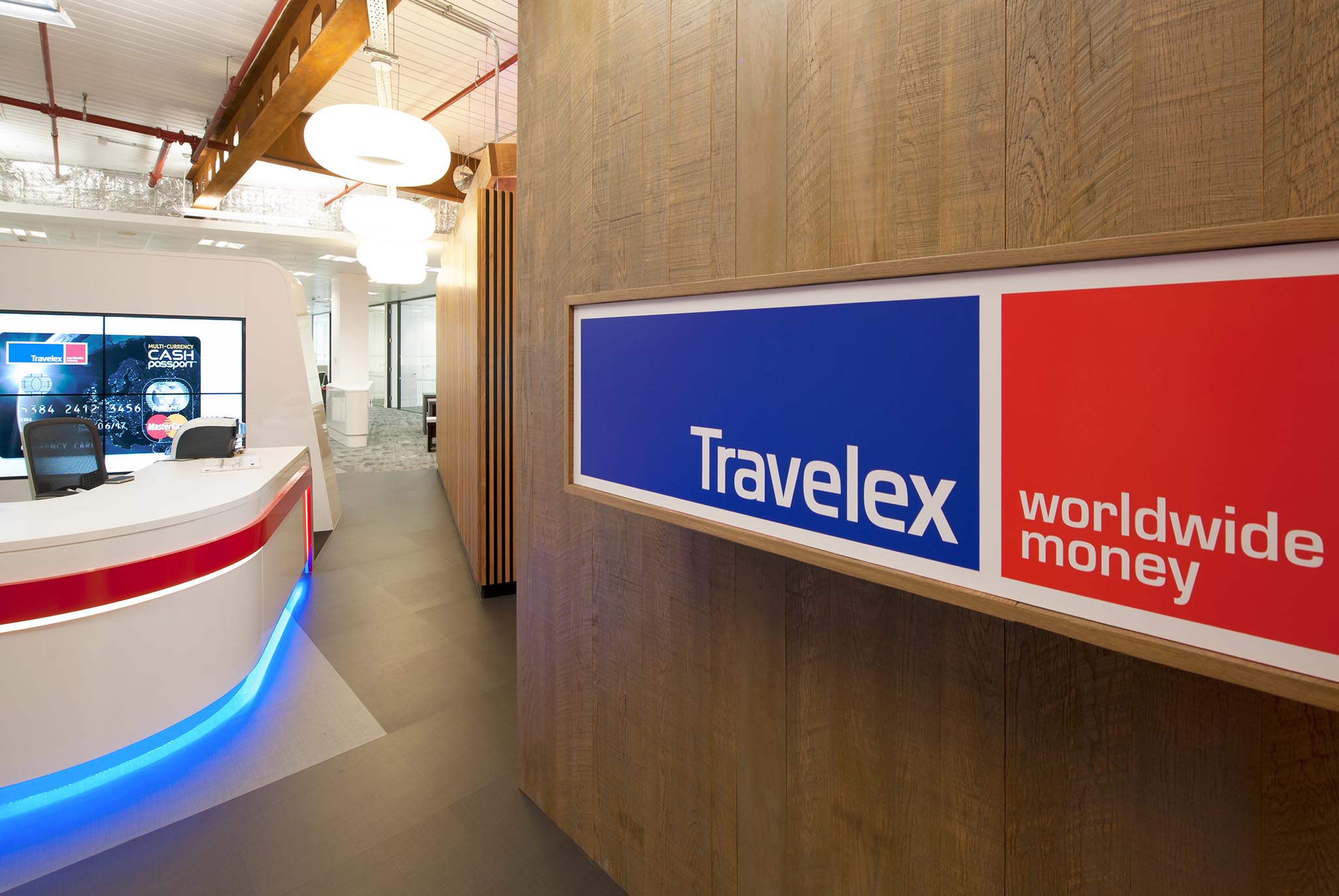- Govt Generates N1.2bn in 12 Months from Alien cards
The Federal Government generated N1.2bn in the last one year from the sale of the Combined Expatriate Residence Permit and Aliens Card to foreigners living and working in the country.
It was gathered that the money was remitted to the government by Continental Transfer Technique Limited, the technical partner to the Nigeria Immigration Service, which is in charge of the scheme.
The CERPAC, otherwise known as green card, is mandatory for all expatriates in the country and is renewable every year.
The Media Manager, CONTEC, Mr. Tunde Ayansanwo, confirmed on Monday that the firm had remitted N1.2bn to the Federal Government as proceeds of the green card issuance, adding that the new CERPAC centres had also assisted the immigration service in checking illegal migration and compliance with immigration control issues.
He explained that the creation of additional 28 CERPAC centres nationwide by CONTEC had greatly assisted in biometric screening of foreigners coming into the country, thereby mitigating the risk associated with terrorism and terrorist activities.
The deployment of more CERPAC centres was also said to have led to improvement in harmonisation of data, while reducing duplications hitherto associated with the paper card issuance, thus boosting investors’ confidence in the country.
Our correspondent gathered that about 56,000 foreigners were working in the country, but a large number of them were said to have left due to the economic recession which had negatively impacted their companies and earnings.
Findings indicated that some African countries like Ghana, Togo, Sierra Leone, Niger Republic and Cote d’Ivoire had expressed interest in setting up CERPAC centres to register aliens in their countries.
It was gathered that the five countries had made representations to the NIS and CONTEC to assist them in setting up a similar scheme in their domains.
Ayansanwo said the new centres had resulted in reduced cases of issuance of fake residence permits and alien cards as well as scamming of genuine expatriates seeking to engage in fruitful ventures in the country.
He said, “In August, heads of immigration services from the Economic Community of West African States’ member countries were in Nigeria during which they visited the NIS CERPAC centre in Abuja.
“Five countries expressed interest in setting up a similar scheme on a public-private-partnership arrangement with CONTEC Global.”

 Forex3 weeks ago
Forex3 weeks ago


 Naira2 weeks ago
Naira2 weeks ago
 Billionaire Watch2 weeks ago
Billionaire Watch2 weeks ago




 Naira2 weeks ago
Naira2 weeks ago




 Naira2 weeks ago
Naira2 weeks ago




 Naira4 weeks ago
Naira4 weeks ago


 Naira7 days ago
Naira7 days ago
 Banking Sector4 weeks ago
Banking Sector4 weeks ago






















